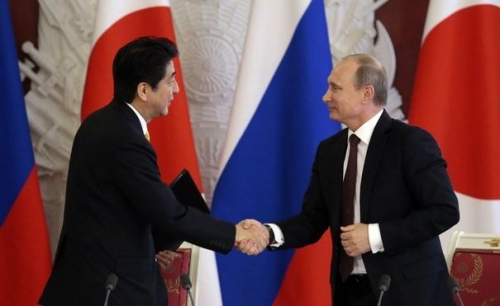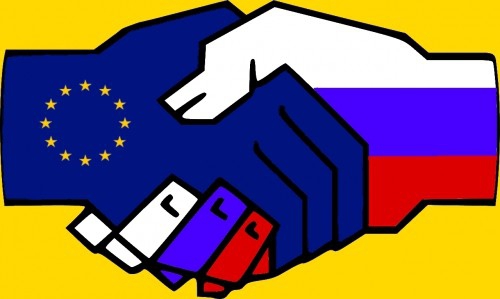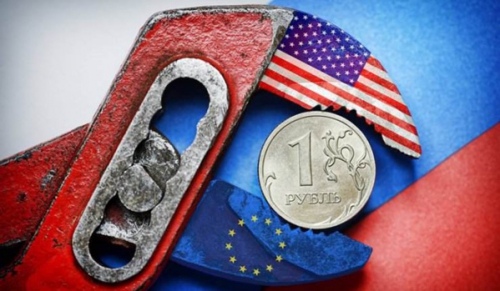Jan Stachniuk and the Spirit of the World
Paweł Bielawski
Ex: http://www.radixjournal.com
 Jan Stachniuk was born in 1905 in Kowel, Wołyń (in what is today Ukraine). In 1927, he began his public activity in Poznań, where he studied economics. There, he became active in the Union of Polish Democratic Youth and published his first books: Kolektywizm a naród (1933) and Heroiczna wspólnota narodu (1935). Beginning in 1937, Stachniuk published the monthly magazine Zadruga, which gave birth to a new idea current of the same name. In 1939, two additional books were published: Państwo a gospodarstwo and Dzieje bez dziejów (“History of unhistory”). During the Second World War, he inspired the ideology of the Faction of the National Rise (Stronnictwo Zrywu Narodowego) and the Cadre of Independent Poland (Kadra Polski Niepodległej). In 1943, Stachniuk published Zagadnienie totalizmu (with the help of the Faction). He fought in the Warsaw Uprising and was wounded. After the war, he failed to resume publishing Zadruga, but before the Stalinists attained power in the country, he managed to publish three more books: Walka o zasady, Człowieczeństwo i kultura, and Wspakultura. In 1949, Stachniuk was arrested and sentenced to death in a political show trial. The sentence was not carried out, and he got out of prison in 1955, but he was no longer able to perform any kind work. He died in 1963 and was buried in the Powązki Cemetery.
Jan Stachniuk was born in 1905 in Kowel, Wołyń (in what is today Ukraine). In 1927, he began his public activity in Poznań, where he studied economics. There, he became active in the Union of Polish Democratic Youth and published his first books: Kolektywizm a naród (1933) and Heroiczna wspólnota narodu (1935). Beginning in 1937, Stachniuk published the monthly magazine Zadruga, which gave birth to a new idea current of the same name. In 1939, two additional books were published: Państwo a gospodarstwo and Dzieje bez dziejów (“History of unhistory”). During the Second World War, he inspired the ideology of the Faction of the National Rise (Stronnictwo Zrywu Narodowego) and the Cadre of Independent Poland (Kadra Polski Niepodległej). In 1943, Stachniuk published Zagadnienie totalizmu (with the help of the Faction). He fought in the Warsaw Uprising and was wounded. After the war, he failed to resume publishing Zadruga, but before the Stalinists attained power in the country, he managed to publish three more books: Walka o zasady, Człowieczeństwo i kultura, and Wspakultura. In 1949, Stachniuk was arrested and sentenced to death in a political show trial. The sentence was not carried out, and he got out of prison in 1955, but he was no longer able to perform any kind work. He died in 1963 and was buried in the Powązki Cemetery.
Stachniuk is the creator of the philosophical system known as “Culturalism” or “Evolutionary Pantheism,” which in its axiological plane is based on the spirituality of the ancient Slavs. The influence of Frederick Nietzsche, Max Weber, Georges Sorel, and Stanisław Brzozowski are also evident, but nevertheless Culturalism, when compared to other currents of European philosophy and humanities, is one of a kind. If we had to compare it to something, then, in my opinion, the closest analogue would the philosophy of Vedanta.
Cosmology and philosophical anthropology
Man is the vanguard of the creative world evolution, the most perfect expression and tool of the Creative Will, active in the world; he struggles to be something greater than he is. This process of exponentiation of the human power over nature and the elements of his own nature is culture. The cessation of this process, for whatever reason, passively submitting to the laws of bare biology and the charms of pure vegetation—this is the opposition of culture; this is backulture (“wspakultura”).
The world is a will. It strives for more and more complex and higher forms.” “The world is a living organic unity, developing towards perfectness. […] The vanguard of the world-in-creation is man. […] The development ability of man relies on his capability of creatively re-creating the existing natural order into a new form of power, which is the objective world of accomplishments of culture. On a biological level, man is part of the natural world order. We are born; we multiply; we feed like all mammals; but we are distinct from this level by an enigmatic capability of binding nature’s energy into a new form of cultural power.
Every species of animals that exists on this world struggles to survive. In opposition to dead matter, animals try, by different means, to “manage” the environment in which they live—they hunt, defend their turf, create a herd with its own hierarchy, and so on. In a way, animals fill the world with themselves, by managing the environment—they struggle to fulfill their needs; they struggle for an existential optimum (“biovegetation” in Stachniuk’s terminology). This “optimum of biovegetational existence” Stachniuk calls “physiological happiness.” Everything that lives, including humans (as biological entities), struggles for “physiological happiness.” The essence of biovegetation is the “eternal turn”—during millions of years of evolution, the lives of mammals and insects does not change significantly; they all live more or less the same way. They are constantly in the confines of “biovegetation.”
The factor that distinguishes man from other living species is his capability of creation, the enigmatic creative element. Only man is capable of progress, of development, of creating ever more perfect and better forms, to material, social and spiritual life.
As we all know, man is the only specie that managed to lift itself above and beyond pure biology. He created cities, states, law, culture, art, science, technology, civilization. Man forced himself out of the eternal turn of biovegetation. How? According to Stachniuk, man remains an animal and part of the world of biology, “but in his essence there was a breach. This breach is the ability of creation, the creative genius. It is an over-biologic plane. From its nozzles, the humanistic world open up.”
The creative evolution is perpetrated by another bearing, on another level. The cosmic will has forgone its prime intent and instead strives towards recycling the world into a pulsating organism of concentrated cultural power, of which man is the core. […] [E]very one of us is a very tragic being, because we belong simultaneously to two levels of existence: biovegetational and creative-humanist.
The nature of man is then dualist. On the one hand, man is an animal and a part of biovegetation. On the other hand, he is something over-biological, something beyond an animal; he has a spiritual element and the capability to create. He’s the creator of “culture.” Man, as a type of being “flounces” between two levels of existence.
The moment when the emotional element was able to vanquish its internal inertia and induced man do the first cultural action is the birth of the creative will.
According to Stachniuk, the fullness of humanity—panhumanism—is reached when man, with all of himself, submits to the creative will and embraces his mission, i.e., when he creates “culture.” Panhumanism can be defined as man’s will and capability to mold being according to his ever more magnificent visions, as well as the awareness and readiness of man to fulfill his leading role in the creative world evolution. Man has the capability to process the energy of the world into objective works of culture, which, in turn, serve to intensify the process of culture itself. This is his mission—it manifests itself in action and is the process of building the process of culture.
All of this is possible thanks to the “organ of man’s genius.”
It is not a bio-morpholigical organ, but has consisted of our whole physiological apparatus. […] The intangible organ in our bio-physical organism transmutes the normal course of physiological processes into dispositions of creation. This is why we speak of the organ of man’s genius.
The primal biological energy, which in the animal-plant world is directed towards unlimited biological expansion is transmuted, in man, into man’s genius, that is the creative will. It, in turn, leads to an unlimited development of the instrumentarium as a tool of its mission.
The creative will is what enables man to pull himself out of the vicious circle of the “eternal turn,” thereby attaining a higher mode of existence, which enables the fulfillment of man’s mission, by building culture—which manifests itself by creating ever new “culture-creations” or the “instrumentarium of culture.”
The full and proper life of a human depends on overcoming the inertia of the biological level of existence and transforming the elemental life energy of our bodies into the creative will, which, in turn, should most fruitfully manifest itself in the development of an “instrumental will.”
The organ of man’s genius enables him to experience being and life in a specific way, namely in feeling the organic unity of the world, ever evolving into ever higher forms. This way of sensing the world is (evolutionary) pantheism. It is the creative will that is the factor that distinguishes man from the rest of the animals. “Our contingent biological shell is a bearing, by which the creative will flows by divine stream; our psycho-physical personality is a contingent tool; by humbly submitting to this will, we can perform the most profound, the most burdened transmogrifications in the world.”
Humanity, in Stachniuk’s eyes, is a process of creation that consists of three elements: a) human biology, b) creative will and c) instrumental will. These are the three elements of “panhumanist man.” Human biology—that’s our organisms, our physical potential, our muscles, and the work of our hands. Creative will is our “inborn direction of emotion and drives in man”; it’s the subject of the humanist world. The third element is the instrumental will, in other words the ability of binding the energy of the natural world into a form of cultural power.
Man is seen as a being eternally developing himself by his creations, and this work is a process that is constant throughout generations. In the light of the philosophy of Culturalism, man is not an individual, a monad existing in a void or a set of individuals, but a string of generations. Humanity is perceived by Stachniuk as the process of creating and re-creating the world, constantly perfecting it, while dismissing it means—ultimately—the rejection of humanity itself.
The philosophical anthropology of Culturalism is very much interconnected and interwined with its. . .
Theory of Culture as Meta-narration
Stachniuk’s theory of culture makes up the core of his philosophy. It is really the backbone of Culturalism. Every current in Stachniuk’s thought springs from it.
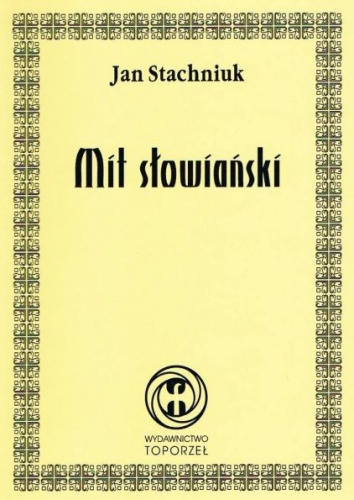 The sensation of the creative pressure, the feeling of the cosmic mission of creation, the desire to contribute to the creative world evolution by man is, in the lens of Culturalism, a sign of health and moral youth. According to Stachniuk, this is normal, the way it should be. Human history is the eternal antagonism of two, contradictory, directions—“the first one is the blind pressure of man towards panhumanism, the second is the escape into a solidified system.”
The sensation of the creative pressure, the feeling of the cosmic mission of creation, the desire to contribute to the creative world evolution by man is, in the lens of Culturalism, a sign of health and moral youth. According to Stachniuk, this is normal, the way it should be. Human history is the eternal antagonism of two, contradictory, directions—“the first one is the blind pressure of man towards panhumanism, the second is the escape into a solidified system.”
The axis of human history on the globe is not the struggle between Spirit and Matter, egoism and altruism, God and Satan; it’s also not the class struggle or race struggle, but the struggle of culture and backulture [wspakultura] for the power over humanity […] Each of us is a warzone between the culture current and the backulture current. […] The current of culture is the process of becoming of the force and power, the richness and dynamism of life.
What is “culture”? It is the “process of binding the energy of the field of the elements.” For Stachniuk, culture is not something meant to tackle or inhibit nature, it is a process of reforming it. Culture is something that emerges from nature and is its higher level. A human of “panhumanism” acts as a transformer of energy—the energy of the elements—that produces “culture-creations.” What are culture-creations? Examples are law, the state, poetry, technology, music, philosophy, a factory, and the Internet. Humanity is thus (in its ideal state) an interconnected web of energy transformers, constantly updating and perfecting the world and humanity, producing culture-creations that are, in turn, used as fuel for even more powerful culture-creations. Culture—the process of reorganizing the field of the (natural) elements—is the ultimate mission of humanity.
It is, of course, clear as day that we don’t live in a world full of conscious “panhumanists.” Why is that? As I mentioned earlier, the nature of human is dualistic—there is the bio-vegetational level and the creative-humanist level. A human being is a warzone of the battle between culture and backulture. What is backulture? It is the cessation of the process of culture; the passive yielding to the laws of bare biology and appeal of pure vegetation. It's passiveness, inertia, standstill. It is the "cosmic illness.”
The effects of backulture in the world of man can be seen as the “unhistoric” attitude and the desire to free oneself from the requirement of creation. It is the degrading of oneself to the primitive, primordial, animal level by directing oneself towards passive consumption of culture-creations. The defective human, who is under the influence of backulture, sees culture only as something to be consumed. He does not see culture as a fertile field than can be farmed in order to raise crops of culture-creations. Culture is seen purely as a thing for pleasure, for individual gratification, something that helps the individual attain “physiological happiness,” not as a mine of mighty energy capable of recreating the world as we know it.
Prime examples of backulture are, according to Stachniuk, universalist world religions like Islam, Christianity, and Buddhism, which show “contempt for creativeness.” They reduce human life to a place to score points for the “other life” or the “other world.” They show an anti-humanist and anti-creative attitude. This is why the creator of Zadruga dismisses them and looks to Paganism instead.
The wave of total backultures (…) in the last three thousand years has extinguished the dawn of the creative actions of man. The first sparks of the fire have been covered with darkness. The just barely ignited fire of India has been quickly extinguished under the shroud of Brahmanism, and then different types of Buddhism. The procession of the cross extinguished the march of Hellenic culture. In other places, Buddhism and Islam have acted similarly. On the once fertile fields poisonous weeds have spread. We know them: Brahmanism, Jainism, Buddhism, Confucianism, Christianity, Islam, and countless other forms of elements of backulture. They captured enormous pieces of humanity. All bigger human congeries were its victims. India, China, almost all of Asia is to this day paralyzed. After a magnificent blooming of the Greco-Roman culture, lasting only a few centuries, it seemed that it has fallen into the eternal darkness of unhistory [bezdzieje]. They’ve lasted one and a half thousand years. After this period, an unbelievably lively mixture of European peoples freed themselves partially, creating modern culture. It would be disingenuous to think that all of Europe took part in its creation. All the Slavic east and almost all Romantic nations have been deeply paralyzed by Christian backulture. The world in its overwhelming mass is immersed in the darkness of this or another total backulture. Generally speaking, it rules over 90% of humanity.
One may ask, of course: “How can you say that medieval Europe was decadent if it was then united and powerful? How can you call Christianity a destructive force considering the whole of European Christian culture?”
Stachniuk provided an answer for that. In a situation where backulture cannot totally break down the fire of culture, it starts acting like a parasite. It uses the lively energy of the process of culture to preserve itself and not let culture free itself completely. This is what happened in the case of Europe.
Kindly, sweet, and humble Christ, who ordered us not to resist evil, made some exceptions, major ones. Where the matters of faith were involved, he used “vane” and “fading” means and used them with feelings that can’t be described as “love.” When he saw tradesmen trading in the house of prayer, he burst with feelings not at all “sweet.” […] We have here a flash of a principle, which can be described like this: Everything is vanity, everything should be forsaken and disdained, except the situation in which this vanity can be used to strengthen the “truth.” Anger is evil, the sword and the whip are tools of evil, but if through anger, the sword, or the whip we clear the path for the Church, then anger, the sword, and the whip and all that is vane becomes worthy. This is the principle that we call the perverse instrumentalism of backulture
This mechanism is actually the creator of the medieval order of Europe. Rome, undermined and its true essence destroyed by Christianity, was gradually overwhelmed by lively Germanic warrior tribes, ready to fight, conquer, and plunder. Of course, the primitive Germanic tribes were impressed by the refined and sophisticated traditions of Rome. What they didn’t recognize was that this was not the true Rome but a fleeting shadow of what it once was. Nonetheless, the Germanic people were presented with an opportunity: “Do you want to take over the Roman legacy? If you so desire, just let us baptize you.”
That said, not all went as planned. The Germanic people were, in fact, conquerors. Christianity couldn’t just do whatever it wanted with them; it had to make a compromise.
The youthful dynamism of fresh peoples was harnessed to realize the grand project of making all European peoples sick, subjecting them to the domination of the backulture of the cross. All Europe was becoming a field to broaden “the vineyards of the Lord.” The Germanic peoples, adapting to their new role, spread the sickness of the cross on the whole continent. They were appointed to that task because, thanks to their position of conquerors, they didn’t submit to the appeal of Christian mysticism, while simultaneously taking the political goals of Christianity—the creation of a universal empire—as their own. […] This is how the concept of the Holy Roman Empire of the German nation was born.
This is how the “perverse instrumentalism of backulture” works in practice. It harnesses the youthful energy of culture (which could be much more powerful on its own) to further spread its disease. After this single “compromise,” the next one was not necessary. Christian backulture could now, with the might of the German sword, attempt to fully Christianize the Slavs—no punches pulled, no compromises. The cross, along with the German sword, could now completely destroy the original, Pagan, Slavic culture. Slavdom became a Christian colony in the full sense of the word. Everything that was not subject to the believers of the cross was destroyed. The original tradition was severed.
Although Stachniuk was and still is considered very much anti-clerical and anti-Christian, it would be a misinterpretation to reduce him to such. He knew full well that simple “secularization” is not the answer. The reason for this is that backulture does not come only in the form of religion; there is also “secular backulture”—simplistic rationalism, “free-thought,” pacifism, “human rights” ideology, or crude hedonism. Secular backulture (also called “unhistoric rationalism”), just like Christianity, forsakes the building of culture, the great mission of empowering man, and the creative world evolution. It also fails to recognize the difference between Christian spiritualism and the creative world evolution. Anything that goes beyond pacifism, hedonism, and physiological happiness seems suspect and often outright “fascist.” But in reality, it is yet just another form of backulture.
Conclusion
Jan Stachniuk was a man ahead of his time. His concepts were often either harshly criticized or ignored during his life. He was a man that advocated embracing dynamic progress, science, and technology, whereas mainstream “national radicals” were thrilled by Nikolai Berdyaev’s static “New Middle Ages.” You could even say that his combination of embracing advanced technology and simultaneously appealing to the values of the ancient world anticipated Guillaume Faye’s concept of “Archeofuturism.”
The author of “History of unhistory” was also instrumental in reviving the pre-Christian religion of the Slavs in Poland. He is a cult figure among many contemporary Polish Rodnovers. His memory not only lives on, but proves to be an inspiration nowadays for religious organizations, (meta-)political organizations, and music bands alike.
Jan Stachniuk is an ethical maximalist and a firm believer in human potential. It’s worth to note that, unlike Nietzsche, he didn’t advocate attaining power for its own sake. A man of panhumanism should not see other people as tools for his own advancement. His goal should be becoming a hero to his community. Stachniuk’s ideal is not a single Übermensch, but a great and heroic community. His goal was creating a myth; a myth of the “national creative community.”
I am human; therefore I am fulfilling the goal of the world. […] It is through the human, through his cultural work, that the creative world evolution takes place. […] The human is not a boring creature looking for satisfaction, peace, lyrics of digestion, and caramel sensation of the mind on the basis of physiological happiness, like the secular unhistory or “eternal virtues” and communing with the “truth” revealed by various “redeemers.” The human is a boiling cosmic energy, looking for ever greater ways of expression in culture creations charged with tragic creativeness. […] The desire to live a valuable life today means to push forward the birth of the myth of the creative community, to boldly head into the fire of the coming change.
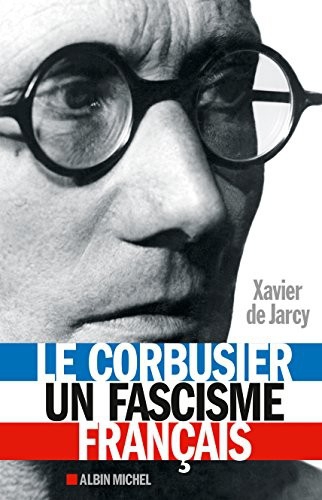 Avertissement à nos lecteurs: nous sommes bien conscients que la prose de M. Peeters, ici, est celle qui convient à un journal parisien, conformiste, pharisien, haineux et inquisiteur comme "Libération"!
Avertissement à nos lecteurs: nous sommes bien conscients que la prose de M. Peeters, ici, est celle qui convient à un journal parisien, conformiste, pharisien, haineux et inquisiteur comme "Libération"!






 del.icio.us
del.icio.us
 Digg
Digg


 Jan Stachniuk was born in 1905 in Kowel, Wołyń (in what is today Ukraine). In 1927, he began his public activity in Poznań, where he studied economics. There, he became active in the Union of Polish Democratic Youth and published his first books: Kolektywizm a naród (1933) and Heroiczna wspólnota narodu (1935). Beginning in 1937, Stachniuk published the monthly magazine Zadruga, which gave birth to a new idea current of the same name. In 1939, two additional books were published: Państwo a gospodarstwo and Dzieje bez dziejów (“History of unhistory”). During the Second World War, he inspired the ideology of the Faction of the National Rise (Stronnictwo Zrywu Narodowego) and the Cadre of Independent Poland (Kadra Polski Niepodległej). In 1943, Stachniuk published Zagadnienie totalizmu (with the help of the Faction). He fought in the Warsaw Uprising and was wounded. After the war, he failed to resume publishing Zadruga, but before the Stalinists attained power in the country, he managed to publish three more books: Walka o zasady, Człowieczeństwo i kultura, and Wspakultura. In 1949, Stachniuk was arrested and sentenced to death in a political show trial. The sentence was not carried out, and he got out of prison in 1955, but he was no longer able to perform any kind work. He died in 1963 and was buried in the Powązki Cemetery.
Jan Stachniuk was born in 1905 in Kowel, Wołyń (in what is today Ukraine). In 1927, he began his public activity in Poznań, where he studied economics. There, he became active in the Union of Polish Democratic Youth and published his first books: Kolektywizm a naród (1933) and Heroiczna wspólnota narodu (1935). Beginning in 1937, Stachniuk published the monthly magazine Zadruga, which gave birth to a new idea current of the same name. In 1939, two additional books were published: Państwo a gospodarstwo and Dzieje bez dziejów (“History of unhistory”). During the Second World War, he inspired the ideology of the Faction of the National Rise (Stronnictwo Zrywu Narodowego) and the Cadre of Independent Poland (Kadra Polski Niepodległej). In 1943, Stachniuk published Zagadnienie totalizmu (with the help of the Faction). He fought in the Warsaw Uprising and was wounded. After the war, he failed to resume publishing Zadruga, but before the Stalinists attained power in the country, he managed to publish three more books: Walka o zasady, Człowieczeństwo i kultura, and Wspakultura. In 1949, Stachniuk was arrested and sentenced to death in a political show trial. The sentence was not carried out, and he got out of prison in 1955, but he was no longer able to perform any kind work. He died in 1963 and was buried in the Powązki Cemetery. The sensation of the creative pressure, the feeling of the cosmic mission of creation, the desire to contribute to the creative world evolution by man is, in the lens of Culturalism, a sign of health and moral youth. According to Stachniuk, this is normal, the way it should be. Human history is the eternal antagonism of two, contradictory, directions—“the first one is the blind pressure of man towards panhumanism, the second is the escape into a solidified system.”
The sensation of the creative pressure, the feeling of the cosmic mission of creation, the desire to contribute to the creative world evolution by man is, in the lens of Culturalism, a sign of health and moral youth. According to Stachniuk, this is normal, the way it should be. Human history is the eternal antagonism of two, contradictory, directions—“the first one is the blind pressure of man towards panhumanism, the second is the escape into a solidified system.”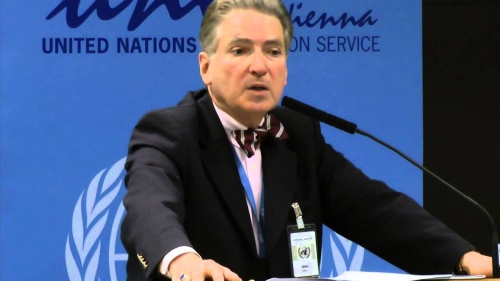




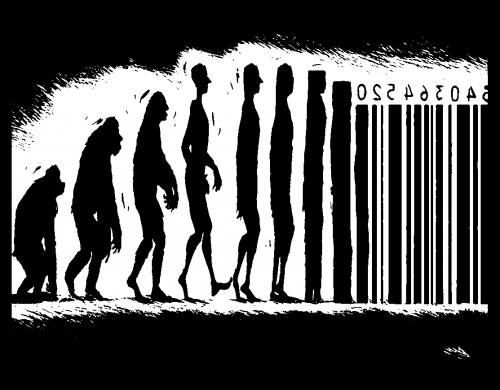
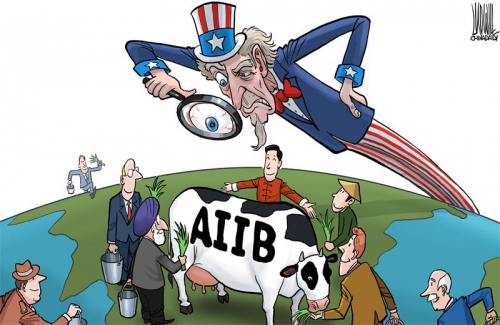
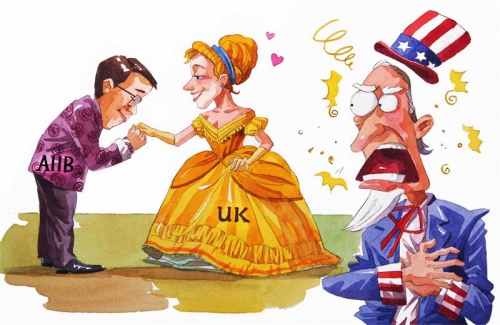
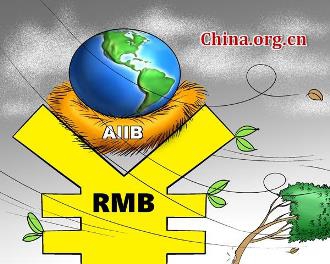 Le 17 mars, à Pékin. Martin Schulz, le président du Parlement européen a qualifié de « bonne chose » les
Le 17 mars, à Pékin. Martin Schulz, le président du Parlement européen a qualifié de « bonne chose » les 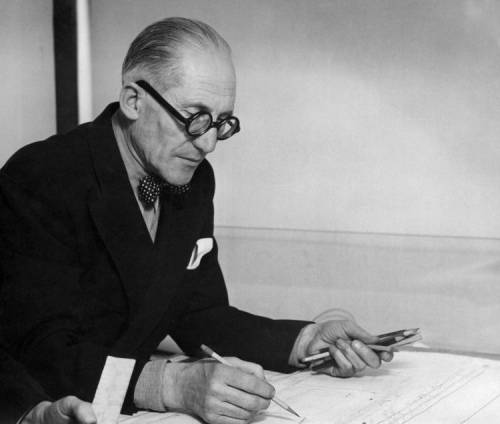

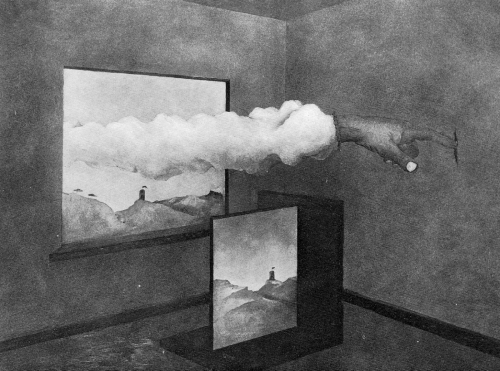
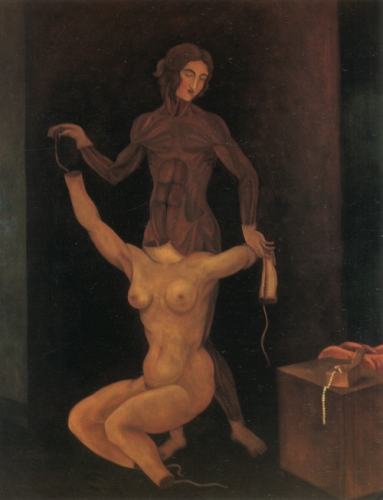
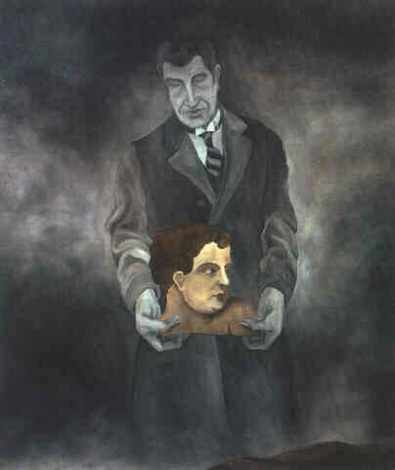
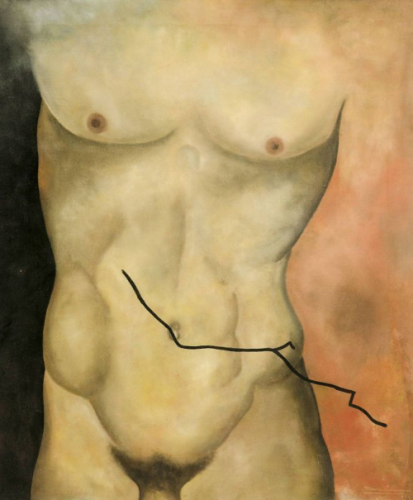


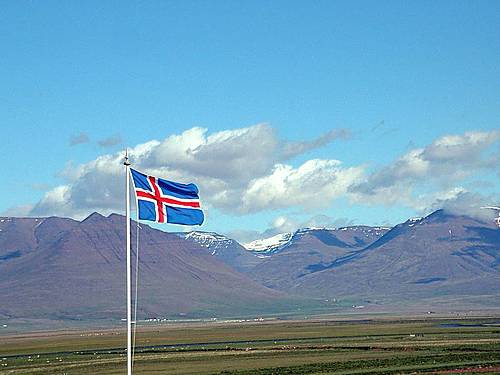
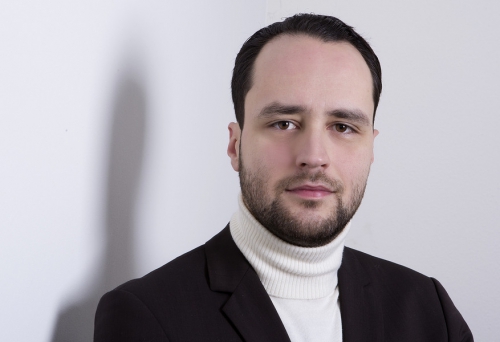
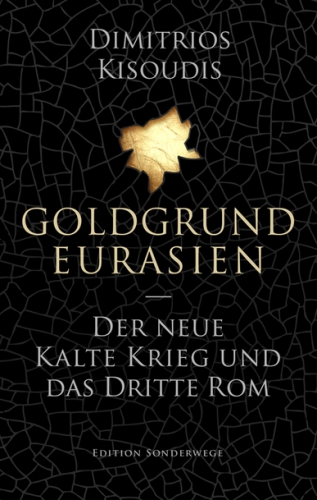 Eng verknüpft mit
Eng verknüpft mit 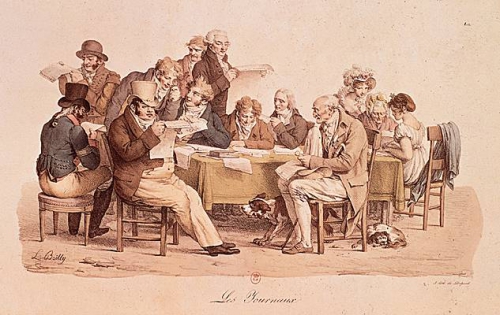
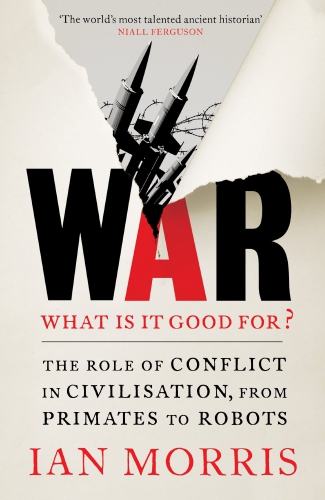
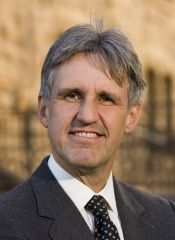 This proposition is not as startling or paradoxical as it might at first seem, especially as by "war" Morris means conquest or nation-building. Nor is it particularly original. Back in the 17th century, Thomas Hobbes set the ball rolling with his vision of life as nasty, brutish and short; much more recently, the Israeli historian
This proposition is not as startling or paradoxical as it might at first seem, especially as by "war" Morris means conquest or nation-building. Nor is it particularly original. Back in the 17th century, Thomas Hobbes set the ball rolling with his vision of life as nasty, brutish and short; much more recently, the Israeli historian 